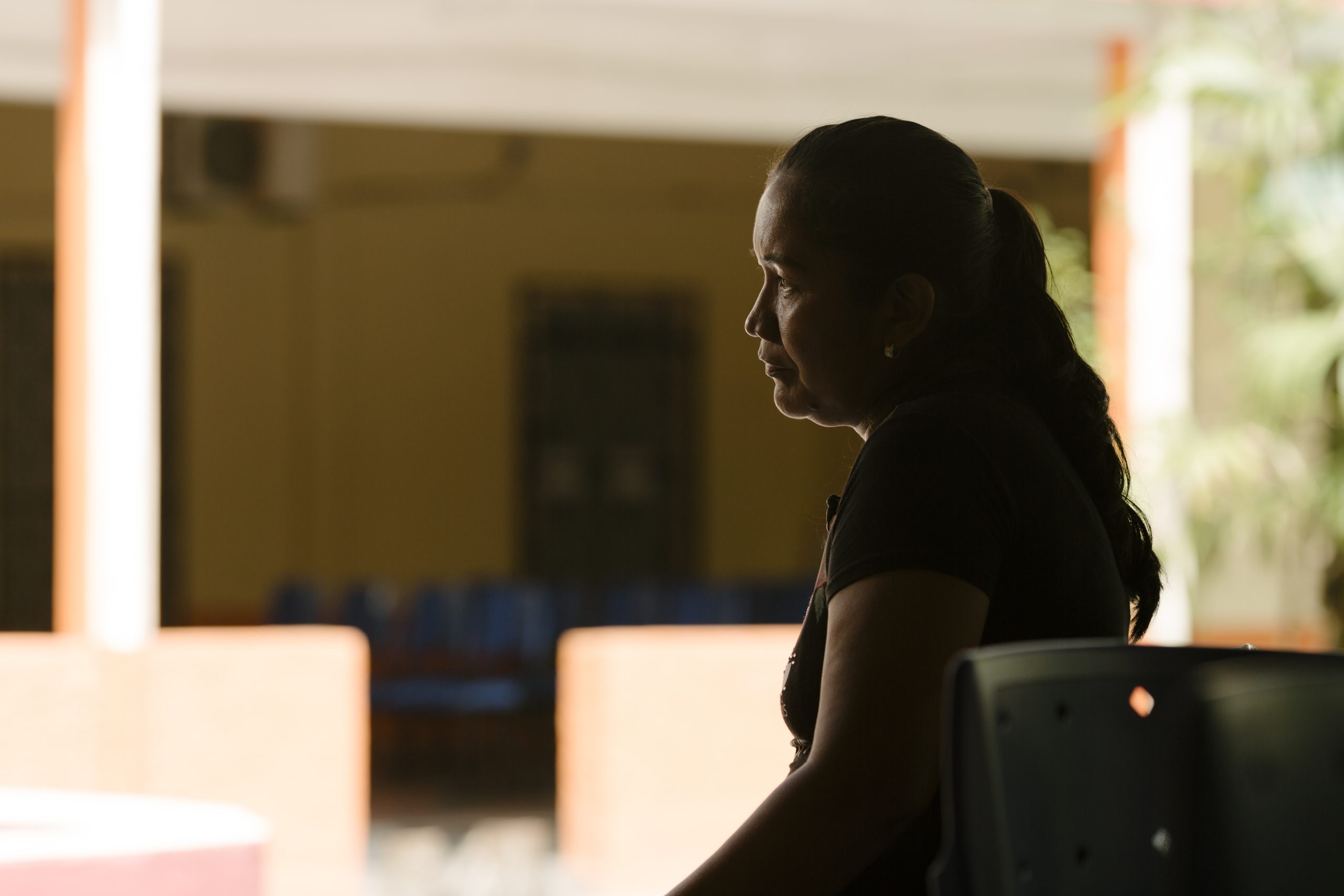
Snapshot
Entities sharing this good practice: General Coordination of the National Committee for Refugees (CG-Conare) within the Ministry of Justice and Public Security
Submitted by:Bernardo de Almeida Tannuri Laferté, Conare General Coordinator, together with Christina Asencio, Protection Officer, UNHCR Brazil
Key stakeholders: CG-Conare and UNHCR Brazil
Visit their website: https://www.gov.br/mj/pt-br/assuntos/seus-direitos/refugio and https://www.acnur.org
To ensure continuity of refugee status determination (RSD) procedures in Brazil during the COVID-19 pandemic, the General-Coordination of the National Committee for Refugees (CG-Conare) implemented measures to strengthen the use of remote eligibility interviews, via the Microsoft Teams app, which CG-Conare had already been using since 2015.
The eligibility interviews are recorded and stored in Conare’s database in order to be used as evidence when making a decision on the asylum application. When necessary, interpreters are also involved remotely.
Activities
-Applicants require orientation on the use of Microsoft Teams and on how to connect on the day of the interview, which involves communication by CG-Conare with the main asylum-seekers in advance of the interview date.
-In some cases, it also requires the induction of officials who have not had the experience of conducting remote interviews.
-Additionally, efforts have been made to potentially establish agreements with municipal and civil society actors in locations where CG-Conare does not have an office, to provide applicants with confidential spaces that afford equipment and internet connectivity to hold interviews.
-Since 2018, CG-Conare has also used WhatsApp (a communication app commonly used in Brazil for many connections, including judicial notification procedures) to get in contact with applicants prior to their interview, which helps diminish the risk of nonattendance on the date of the eligibility interview, contributing to more beneficial results for both the applicant and for the government.
-Remote interviewing enabled the processing of pending asylum applications to continue during the pandemic, while also facilitating eligibility interviews for applicants residing in different locations throughout the Brazilian territory where there are no CG-Conare offices. Although CG-Conare had begun carrying out remote eligibility interviews prior to the pandemic, the volume of interviews increased as all interviews switched to a virtual format, and the good practice allowed for better and easier procedures since Skype for Business was substituted by Microsoft Teams, a much better tool for this kind of interview.
-In addition to guaranteeing the principle of due process, the measure effectively reaches hundreds of asylum-seekers who are waiting to be summoned to an interview so that their cases can be analyzed by Conare.
Challenges
The main challenge is linked to the fact that applicants must connect to Microsoft Teams on their own to have the interview for which they sometimes do not have an appropriate device, such as a cell phone or computer, lack a strong internet connection, or do not have access to private spaces to safeguard the confidentiality of the interview process.
It is desirable to have an agreement with partners to offer applicants a confidential space and the requisite technology to connect to the interview.

Recent Comments